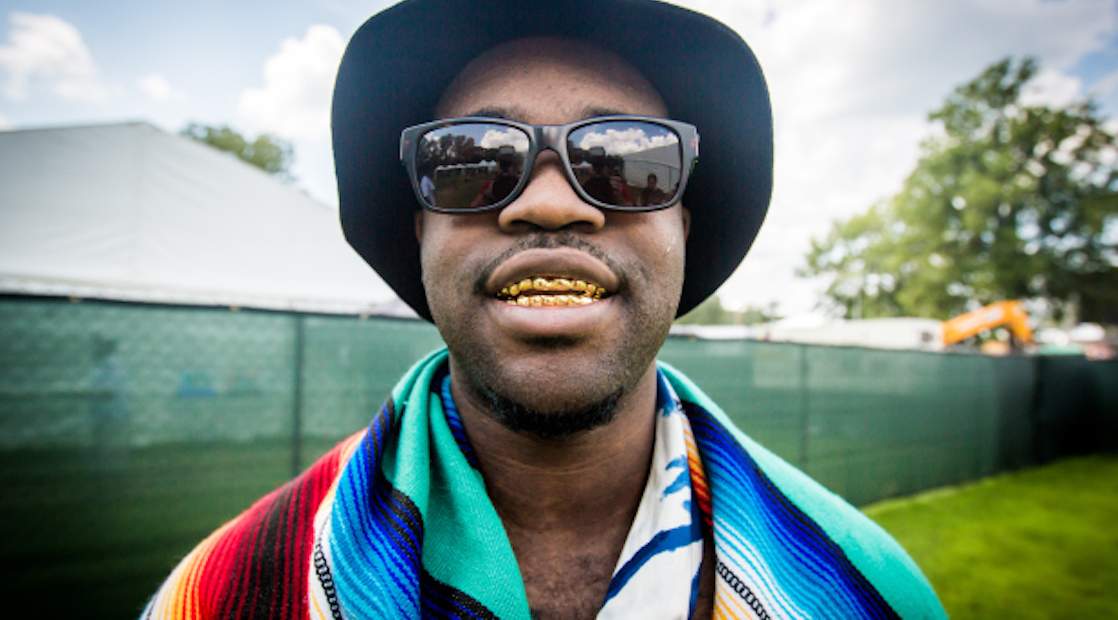A synthetic CBD drug cleared phase II clinical trials, shortly after being greenlit for the FDA’s Fast Track program.
Zynerba Pharmaceuticals’ investigative drug, Zygel, contains 8,9-dihydrocannabidiol (H2CBD) as its active ingredient. H2CBD is chemically identical to the CBD found in cannabis, with the exception of an additional electron spinning at one of H2CBD’s non-reactive ends. According to the company, its studies show that H2CBD does just about everything that CBD can do.
But why did Zynerba choose to go with a completely artificial version of CBD instead of the natural stuff found in weed? One reason is the company can produce H2CBD with chemicals ordered from chemical suppliers, so it doesn’t need to go through the time-consuming and costly processes of cultivating hemp plants for extracting CBD.
Additionally, H2CBD cannot be easily converted to THC. Plant-derived CBD, with the correct chemistry tricks, can be turned into the psychoactive cannabinoid we all know and love.
Earlier this month, the FDA gave Zygel its special Fast-Track designation. Fast-tracking investigational drugs speeds up the federal approval process, so pharmaceutical companies can get their drugs to patients faster than usual. Because Zygel was designed specifically for patients with the rare chromosomal disorder 22q11.2 deletion syndrome — and almost no medications currently exist for treating the syndrome — Zygel breezed into its Fast-Track designation.
The only cannabis-derived CBD drug approved in the US is Epidiolex, which doctors can prescribe for certain seizure disorders. In 2014, Epidiolex became the first cannabinoid drug to receive Fast-Tracking designation by the FDA.
Earlier this week, researchers at the University of California-Davis published a study showing H2CBD was effective for treating seizures in rodents, potentially making it another cannabinoid-based drug for seizure patients, too.
Zynerba Pharmaceuticals expects Zygel will become available by the end of 2020.
Follow Randy Robinson on Twitter











